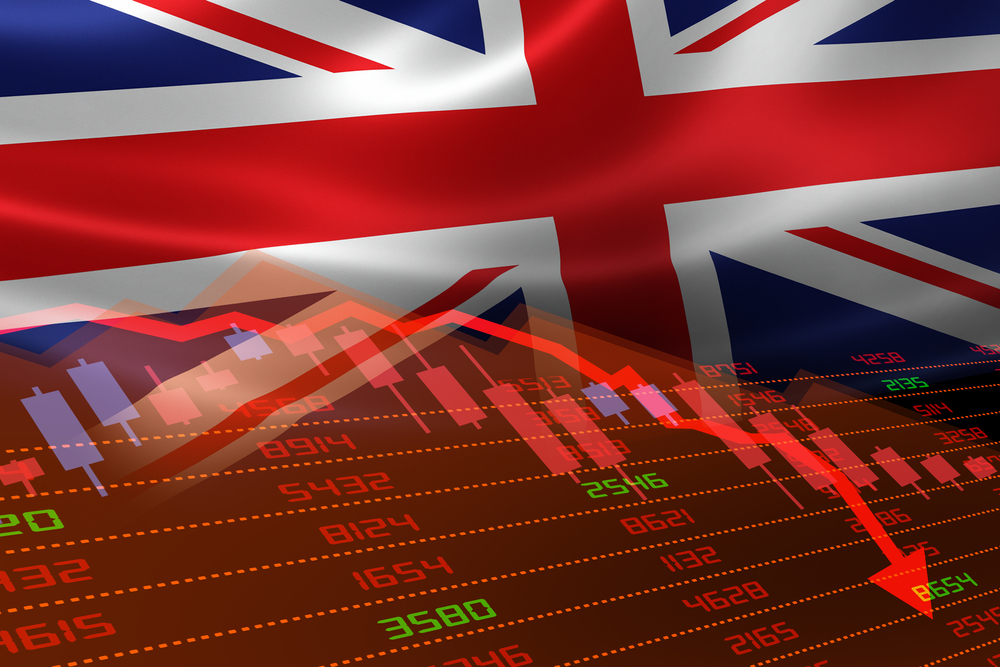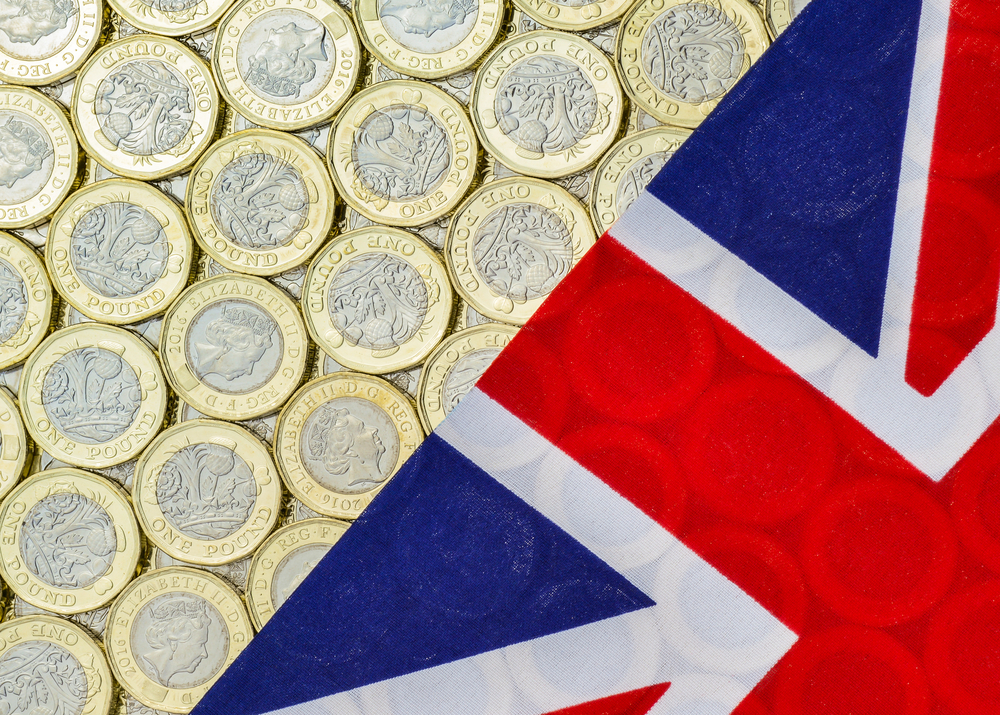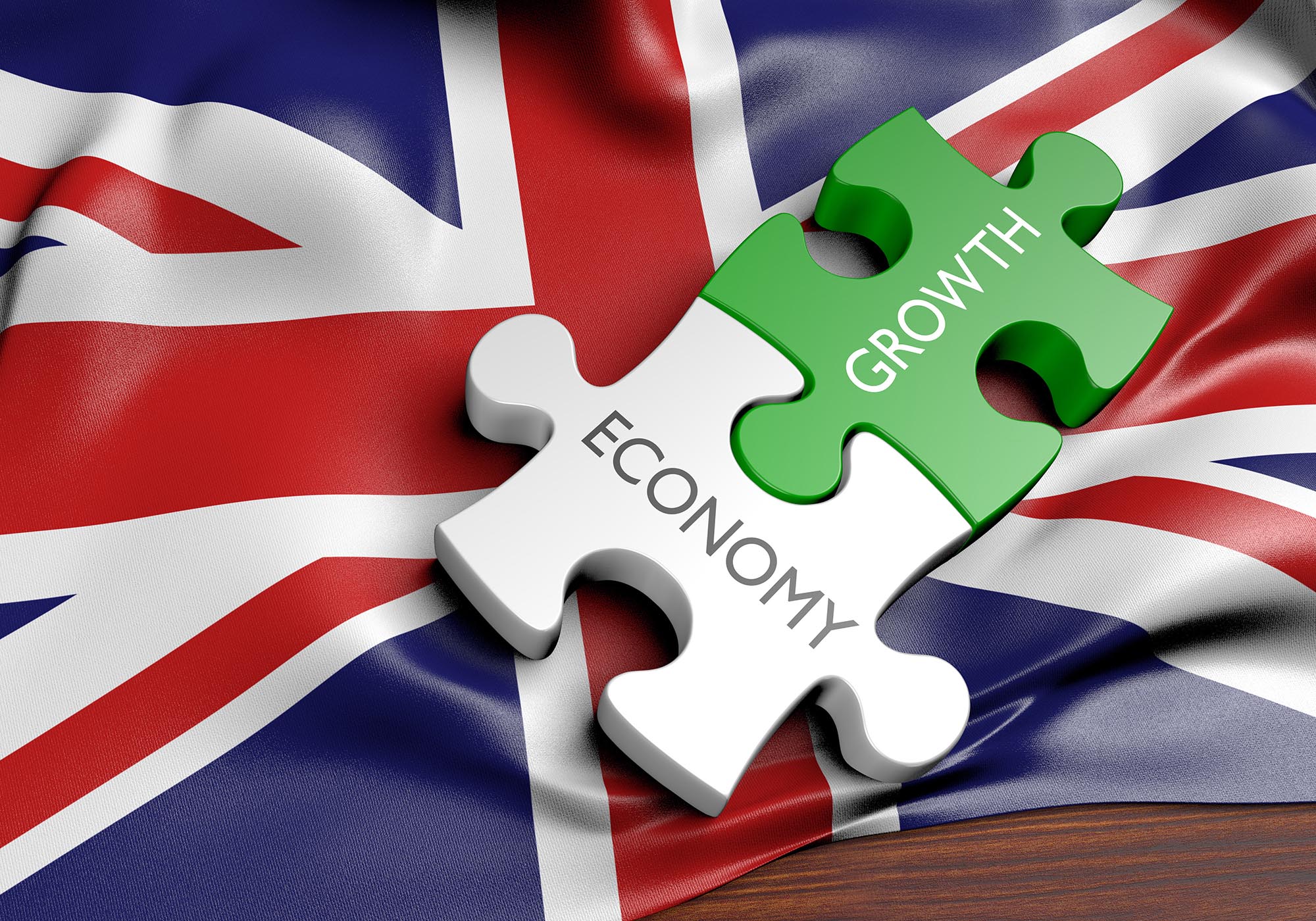The prices in British shops slowed to its lowest annual growth rate since May 2022, retail data finds.
Between December and January, shop price inflation dropped to 2.9% from 4.3%, – a total of 1% down on the three-month average rate.
Retailers slapped heavier discounts on their goods than last year as they took advantage of lower wholesale costs.
Across the board, food inflation dipped to 6.1% from the previous month’s rate of 6.7% while fresh produce reduced to 4.9% compared to 5.4% in December.
Meanwhile, growth in food prices for shoppers had a ninth consecutive month of slowing down. The British Retail Consortium’s (BRC) data found the rate of non-food inflation fell to 1.3% from 3.1% the month before, also lower than the three-month average of 2.4%.
The BRC-NielsenIQ shop index results might go some way to allay inflation fears for shoppers and households after the surprising rise in December to 4.0%.
However, last month’s rise is still expected to add caution to the Monetary Policy Committee’s decision-making mix when the base rate is announced on 1 February. After fourteen months of hikes, the rate has stayed at 5.25% for three months.
‘Some New Year cheer with shop price inflation levels’
Helen Dickinson, chief executive of the British Retail Consortium, said: “Some New Year cheer as January shop price inflation slid to its lowest level since May 2022. Non-food goods drove the fall, as many retailers offered heavily discounted goods in their January sales to entice consumer spend amidst weak demand.
“Good news for the morning brew as the price of tea and milk fell, while evening tipples remained more expensive on the back of increased alcohol duties.”
Dickinson added: “Retailers have spent the last eight months working to bring down inflation, but progress will likely be hampered by new cost pressures coming direct from government – including implementing the increase in the National Living Wage on top of an above inflation rise in business rates this April, a potential new grocer ‘surtax’ in Scotland, and ill-conceived recycling proposals.
“Rising geopolitical tensions will also add to uncertainty and costs in supply chains. With a General Election later this year, we want to see political parties outline how they will help unlock investment across the country rather than the current trajectory which is doing just the opposite.”





